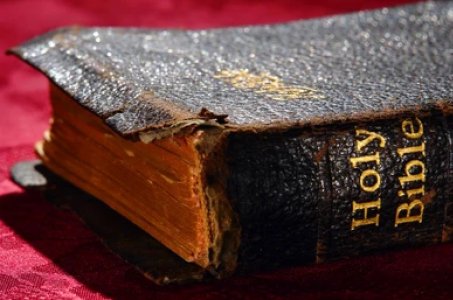Knight
Well-known Member
What happened to God's plan ?. Everything that happens in your life is a direct result of the choices you make, and what you choose to believe.
"For I know the plans I have for you," declares the LORD, "plans to prosper you and not to harm you, plans to give you hope and a future." Jeremiah 29:11 · 3. Romans 8:28
What happens to those that don't follow the plan?


